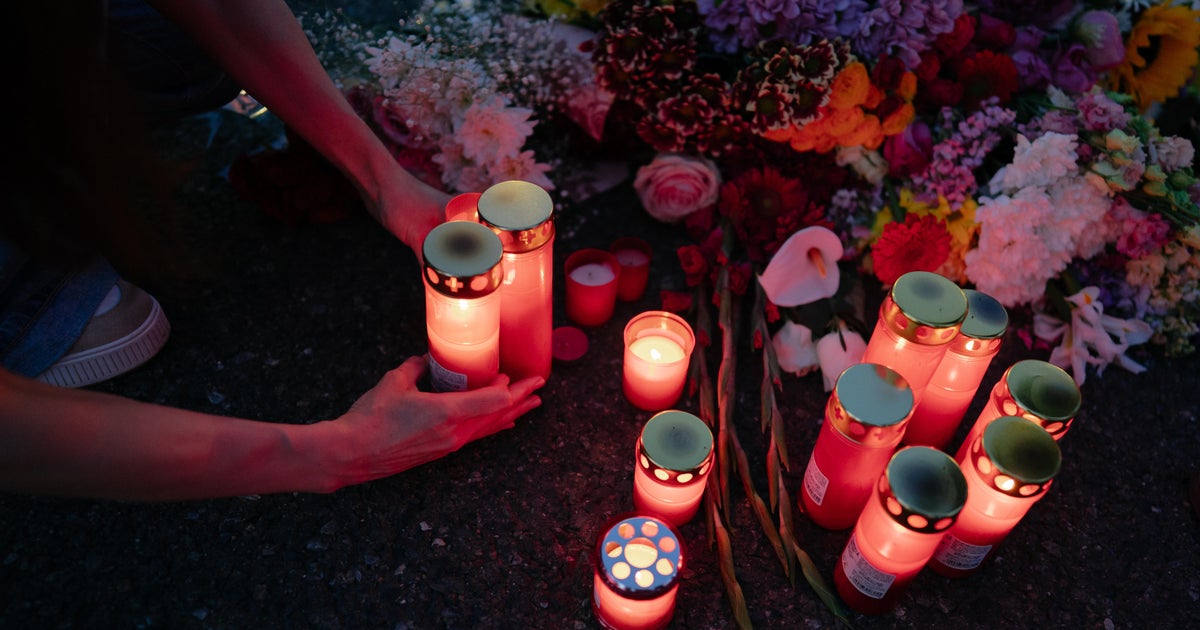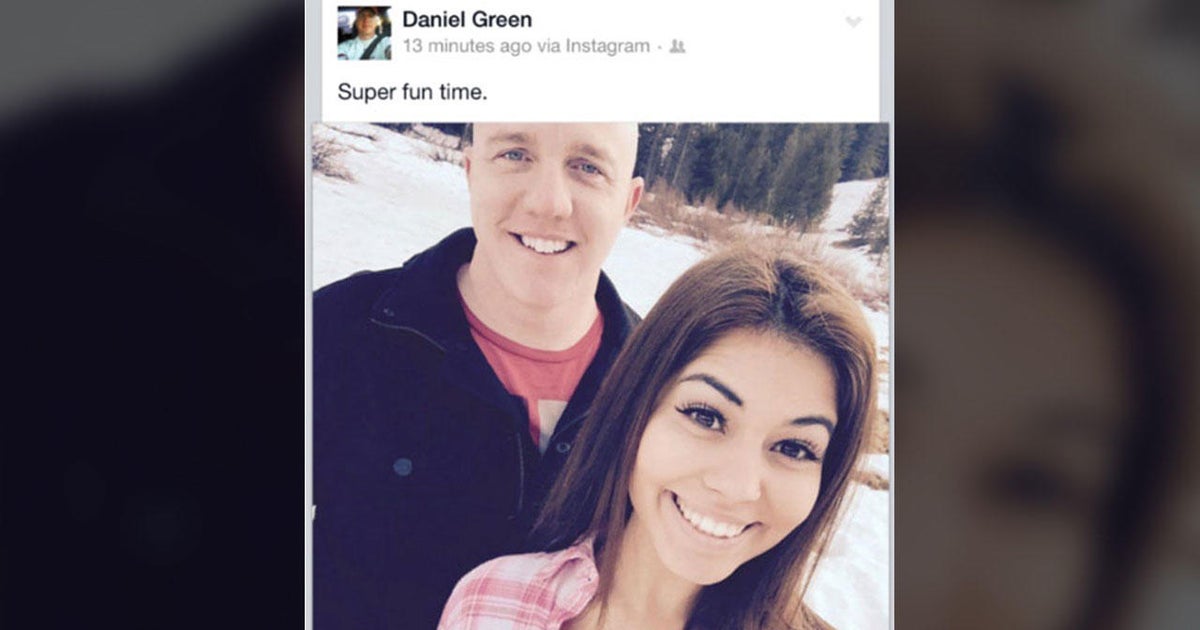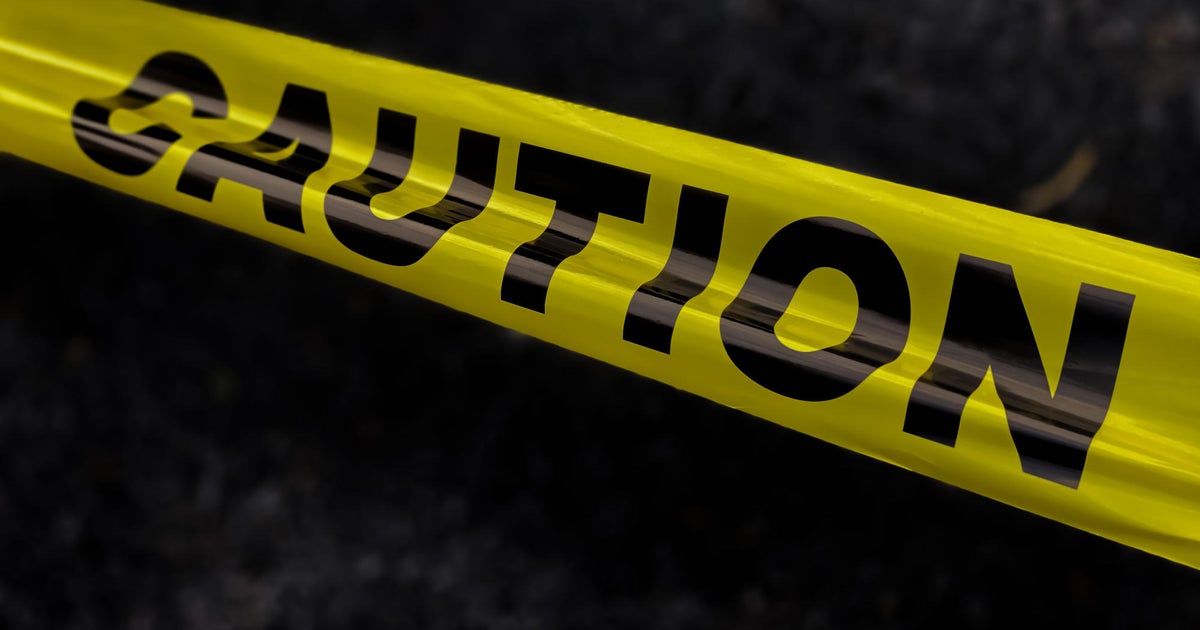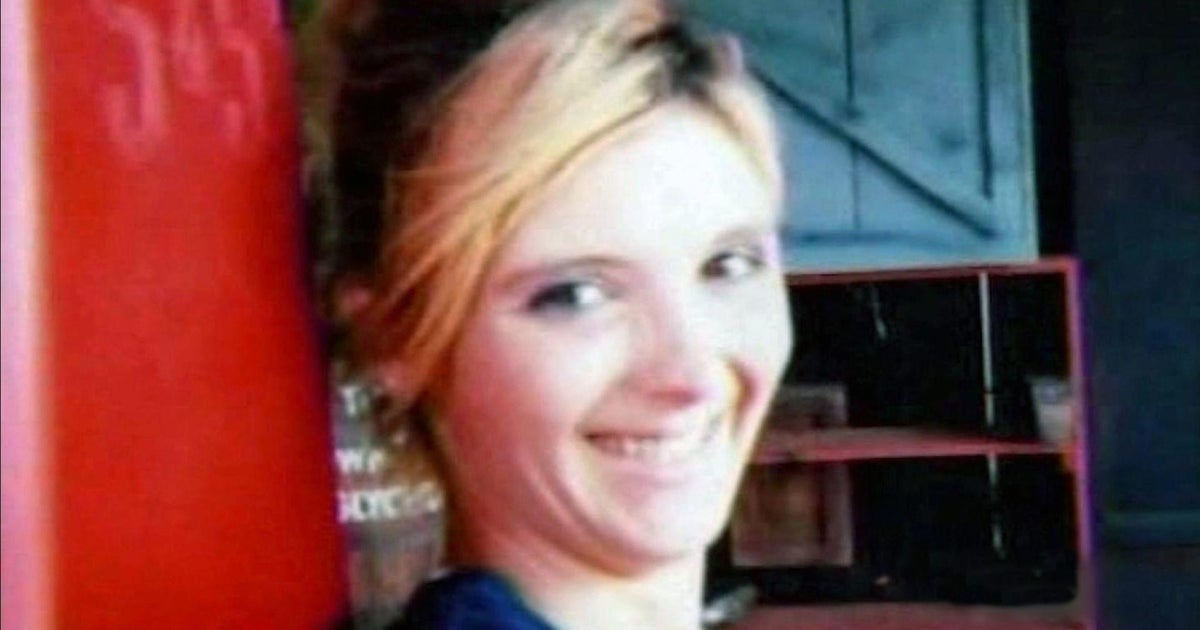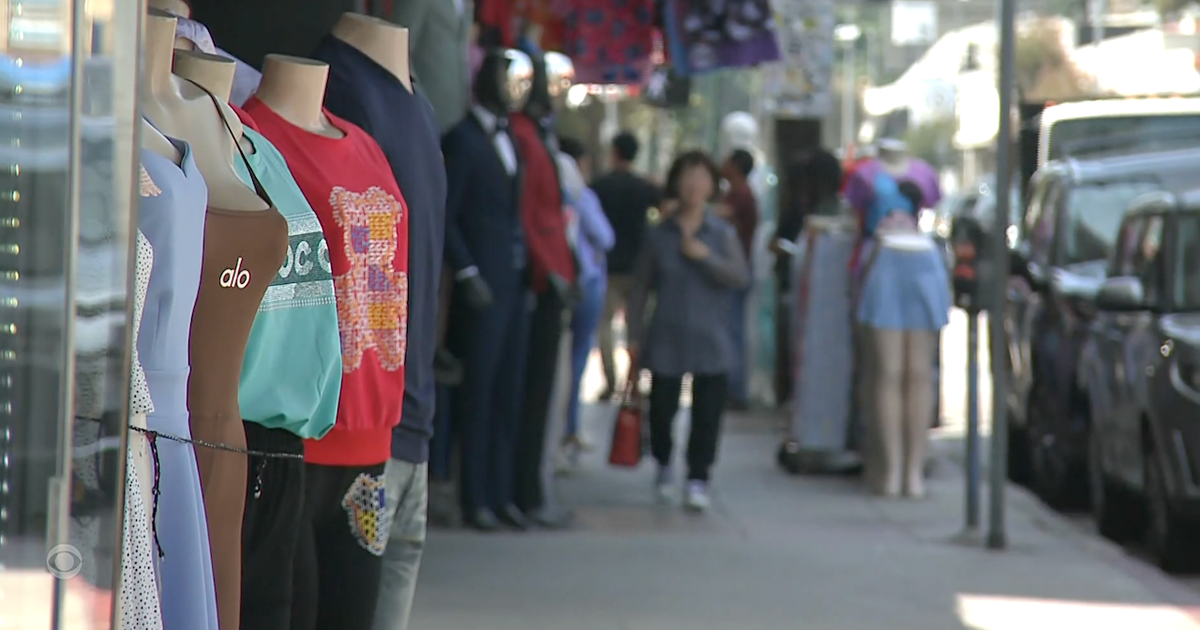Pope Leo XIV delivered a message of hope by video message on Saturday at a celebration and mass at Rate Field, honoring the papacy of the city's native son.
In an eight-minute video played during the celebration at Rate Field, Pope Leo XIV urged Catholic faithful to be a "light of hope," to serve others, and to make the world a better place.
"As you gather today in this great celebration, I want to both express my gratitude to you, and also an encouragement to continue to build up community, friendship as brothers and sisters in your daily lives, in your families, in your parishes, in the Archdiocese, and throughout our world," the pope said. "When I see each and every one of you, when I see how people gather together to celebrate their faith, I discover myself how much hope there is in the world in this jubilee year of hope."
The event was emceed by Chicago Bulls announcer Chuck Swirsky. Cardinal Blase Cupich was the main celebrant and homilist at the Catholic Mass that was the final element of the celebration.
The Chicago Archdiocese estimated some 30,000 people bought tickets to the celebration. It was a packed program that included interviews with the Pope's former classmate and former college professor, and songs of praise from the choir at Leo High school.
CBS News Chicago's Dorothy Tucker spoke to people at the celebration about their impressions of the pope's message.
"I think the fact that he's reaching out to the youth across the world," Chris Poindexter said.
"You can tell that he really cares. I mean it's hot in this stadium today. I know I felt that everyone got chills," Beatrice Poindexter said.
The event also included an invitation from the Chicago White Sox for Pope Leo XIV to throw out a ceremonial first pitch at a future White Sox game. The pope — a lifelong White Sox fan — was in the stands in Game 1 of the 2005 World Series, and earlier this week donned a White Sox cap given to him as a gift at the Vatican.
Leo XIV, formerly Robert Prevost, was elected May 8, becoming the first U.S.-born pope in the 2,000-year history of the Catholic church.
More from CBS News
Sara Tenenbaum
